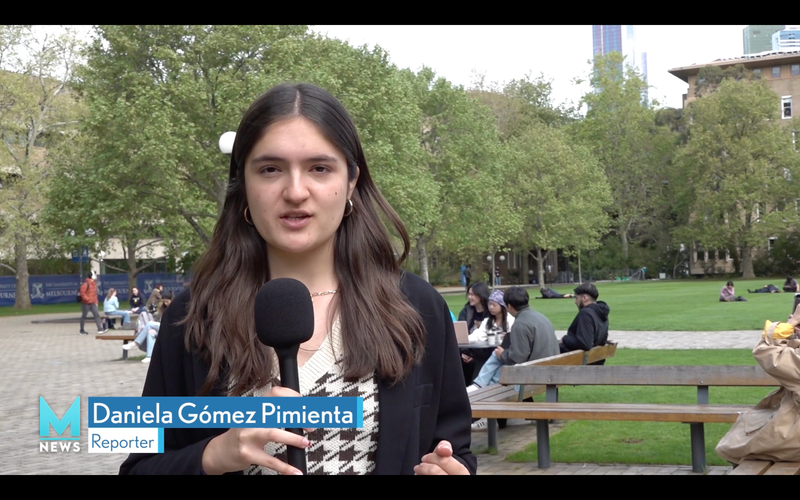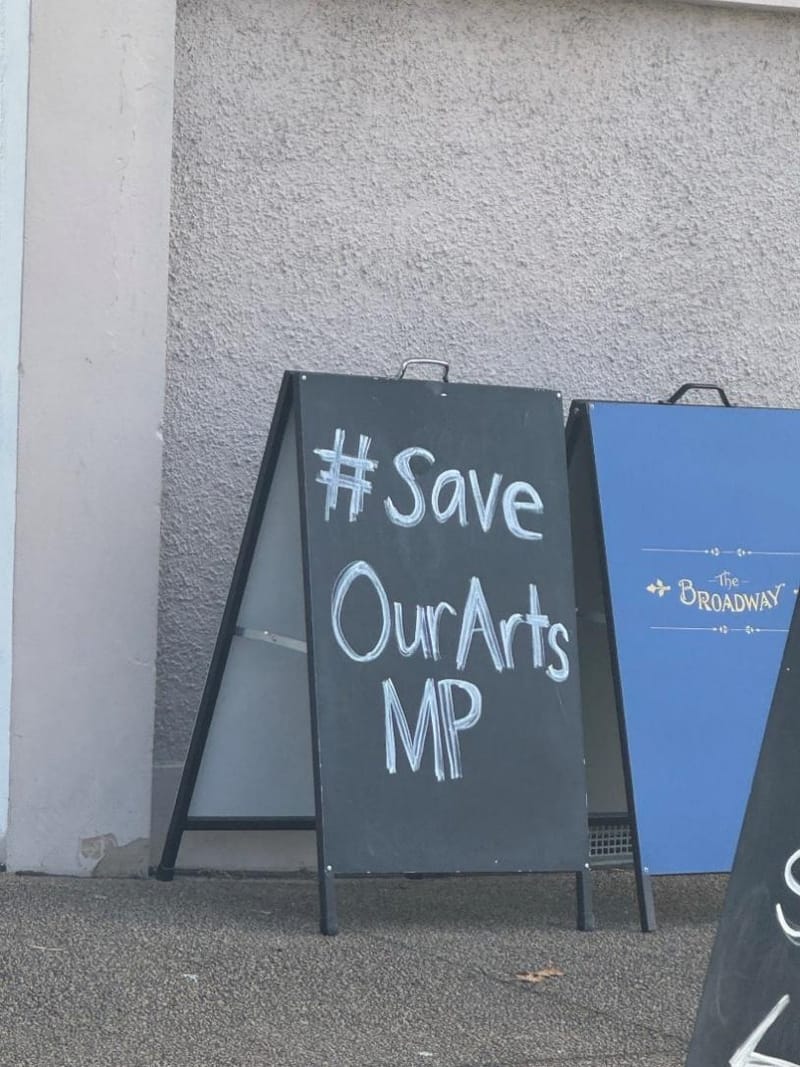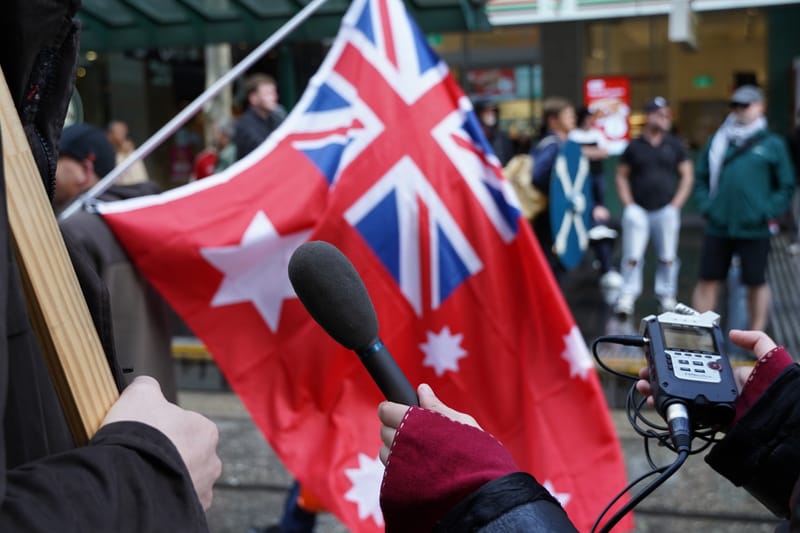#CanHomelessness shines light on a council's fight to shelter the vulnerable
🔗 [SYSTEM UPDATE] Link found. Timestamp incremented on 2025-11-26 13:55:13.For the month of August, Knox City Council is doing its bit to help Melbourne’s homeless. One can of food at a time.
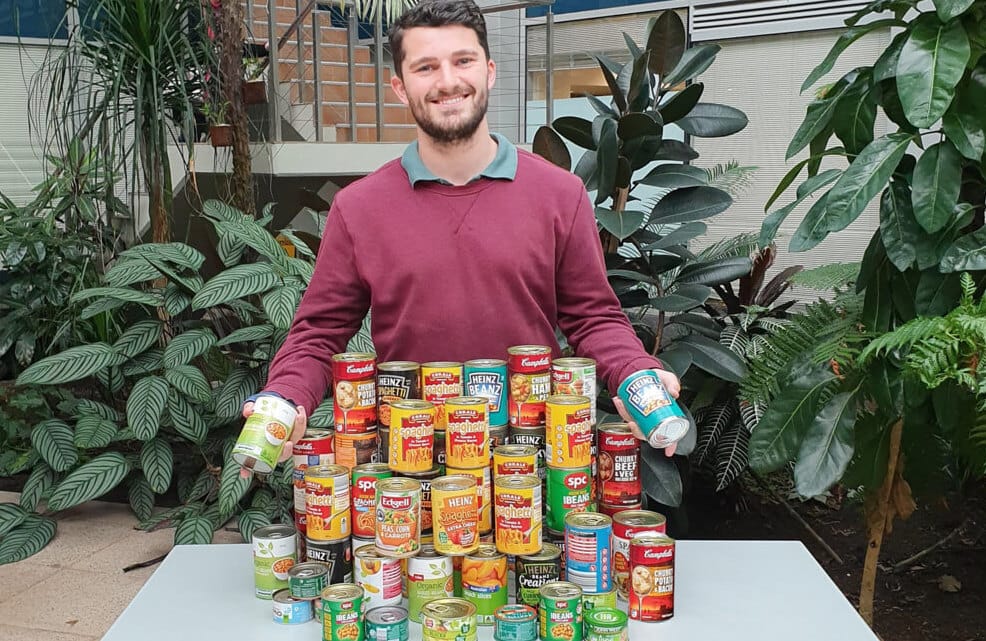
By LINA ZUCCARELLI
For the month of August, Knox City Council is doing its bit to help Melbourne’s homeless. One can of food at a time.
#CanHomelessness encourages community members to donate canned goods; simultaneously feeding the hungry and educating residents people are experiencing homelessness within the suburb they live in.
Partnering with Knox Infolink, the council is not only receiving and distributing cans, but also training staff on how to recognise and address homelessness.
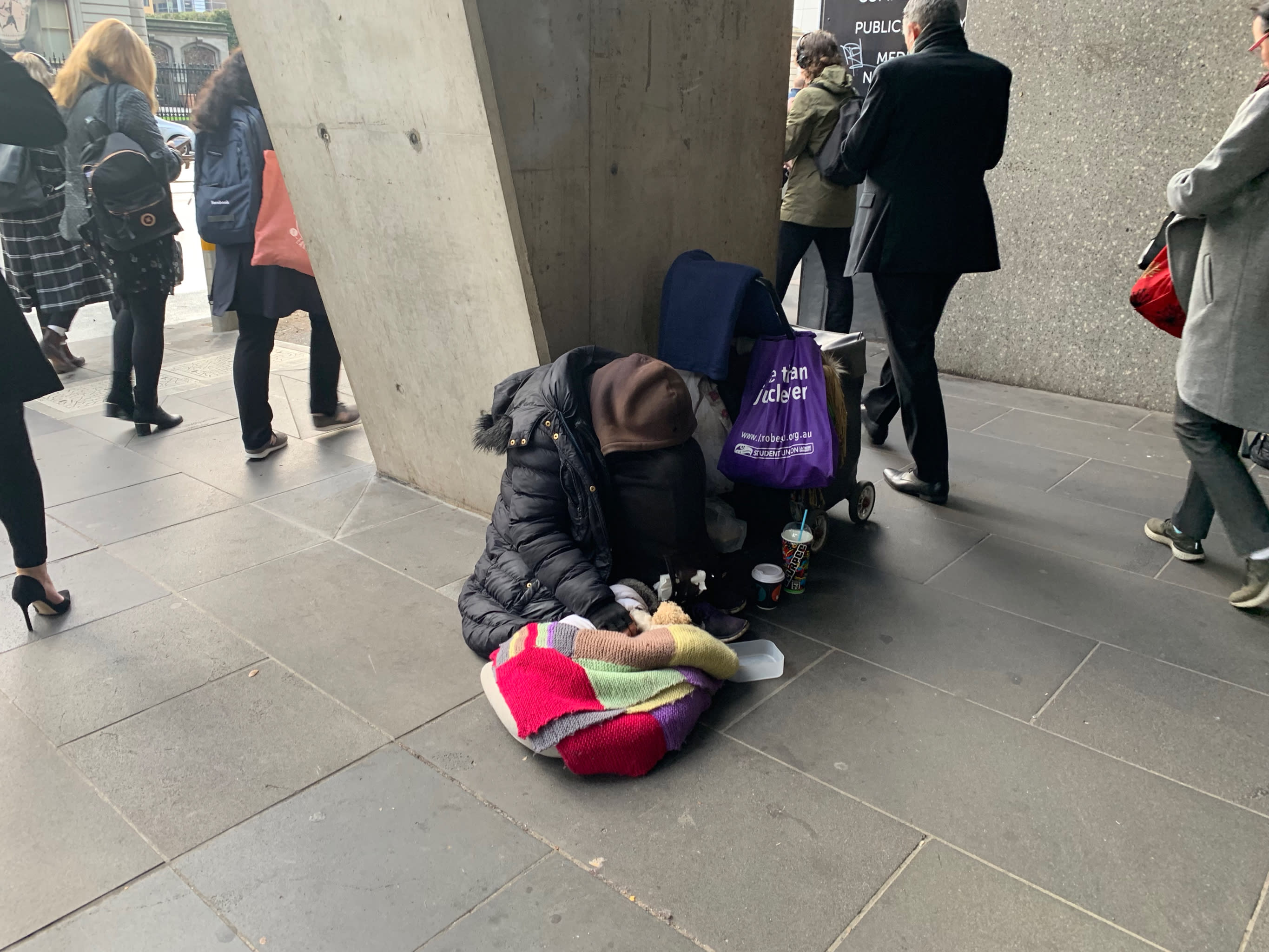
According to the latest Census data, 365 people were counted as homeless in Knox and 138 people were being supported in homeless accommodation.
Knox City Council housing support officer Rose Vince said there was around 64 people on her waiting list for housing, with around 75% being women aged over 55.
“We need more social housing, we need more affordable housing in Knox, because we always get missed off the radar because we’re perceived as the more influenced region…we just don’t have enough affordable accommodation to keep our residents here,” Ms Vince said.
Knox resident Mary Davie said she was concerned for Victoria's older demographic who were set to retire and living in rental properties.
Ms Davie said it was likely pensioners would no longer be able to afford to pay rent.
“Housing is becoming a priority. It’s not just for homeless people that are homeless now, it’s for the future," she said.
"We need to get housing stock going, that is affordable. Because prices of housing at the moment is unaffordable, for the young and the old.”
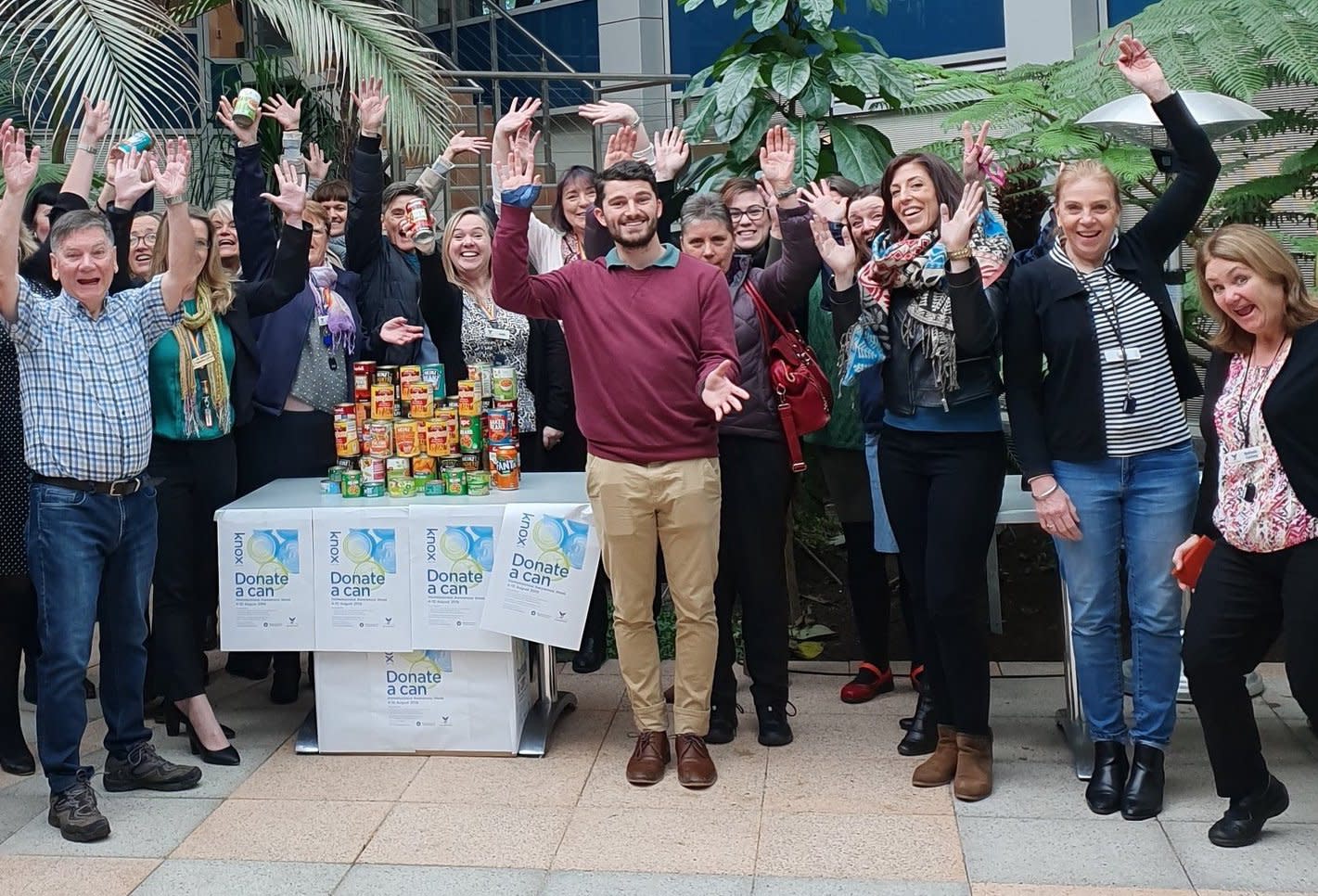
Knox Mayor Jake Keogh agreed homelessness in his municipality was a major issue and more needed to be done to provide affordable housing.
“Affordable housing is a real tough [issue]. Consumer price index is increasing, but wages aren’t increasing, so people are just struggling to pay their mortgages in our days,” Cr Keogh said.
“And unfortunately, family violence has become more rampant, so victims of domestic violence are leaving – it’s usually females – and they just don’t have anywhere to go.”
Cr Keogh said the council was trying to run homeless sleepouts in local churches and halls around the municipality, but was being hampered by strict state regulations.
Under the current rules these buildings cannot be used as crisis accommodation due to their lack of safety measures, including fire escape plans. Expensive upgrades would need to take place to ensure they met mandatory safety requirements.
“We’re really committed to [advocating for homeless sleepouts] and the staff are fantastic. They are passionate about giving everyone dignity,” Cr Keogh said.
Ferntree Gully MP Nick Wakeling raised the issue of Knox homelessness to state parliament in June, when he asked the government to work with the council to find a solution to allow churches and halls to be used as temporary accommodation.
“I’ve raised with the Minister for Planning the need for the Andrews Government to work with council and community organisations to find a solution for people experiencing homelessness in Knox,” Mr Wakeling said.
“I also encourage council to raise issues with state regulations with my office, so I can continue to advocate for Knox residents in the Victorian Parliament.”


